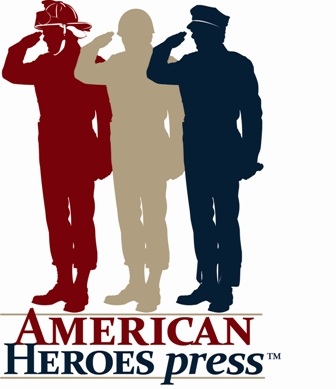(Click on Title for more Information or to Purchase the Book)
Why the South Lost the Civil War
This study offers serious students an interpretation of why the South lost the Civil War. The authors, all history
professors, believe the Confederacy succumbed to internal rather than external causes.
A Stillness at Appomattox (Army of the Potomac, Vol 3)
Written with vigor, clarity, and warmth, Catton's work describes the last year of the Civil War, including the
Battle of the Wilderness and the siege of
Petersburg. This is the third volume in the author's trilogy about the war.
It is preceded by Mr. Lincoln's Army and
Glory Road. Catton's Civil War volumes are simply magnificent.
Coming Fury
Terrible Swift Sword
Phoenix: Never Call Retreat
Catton was America's leading Civil War writer, and all of his books are worth reading. These volumes provide an
exciting account of the Civil War from the Union perspective.
The Gettysburg Campaign: A Study in Command
For those seeking a thorough examination of the Battle of Gettysburg, this book provides a comprehensive battle
analysis and evaluates command during the entire campaign leading to the battle.
Civil War Volume 1-3 Box Set
A Mississippian, novelist, World War II field artillery captain, and master narrator of men and battles, Shelby
Foote captures the flavor of the times and examines the war as a whole, including all the major campaigns. While the three
volumes contain nearly 3,000 pages of text, they are beautifully written and easily read.
Lee’s Lieutenants: A Study in Command
Once very popular with U.S. military officers, this readable narrative is a composite biography of Confederate
generals and a masterful study of command and war. Freeman takes great care to preserve some Confederate legends.
Grant & Lee: A Study in Personality & Generalship
Major General Fuller examines the influence of personality on generalship. He broke with the then-conventional view
that Grant was a butcher and Lee one of the world's greatest generals.
How the North Won: A Military History of the Civil War
Emphasizing strategy and logistics, these two history professors have produced a thorough, comprehensive analysis
of the Civil War from the viewpoint of the high-level commanders on both sides. Also included is an excellent appendix on
how to study military operations.
Stonewall Jackson and the American Civil War
Written in 1898 by a famous British officer and military historian, this book is the classic analysis of the great
Confederate general and was required reading for generations of British officers.
The U.S. Army War College Guide to the Battle of Antietam: The Maryland Campaign
of 1862
The authors, who teach at the U.S.
Army
War
College, provide a valuable tool for conducting a staff ride of Antietam, covering the Battles of
South
Mountain, Crampton's Gap, Harpers Ferry, and Antietam. If you have the opportunity to conduct your own staff ride at this well-preserved battlefield
located near Carlisle, Pennsylvania, and Washington, D.C., you should first read Landscape Turned Red by Stephen Sears, then
examine the Center of Military History pamphlet, The Staff Ride (CMH Pub 70-21) by Dr. William Glenn Robertson of the Combat
Studies Institute, and finally, go to the field with this guide. Luvaas and Nelson have also written a similar guide to
Gettysburg.
Ordeal By Fire: The Civil War and Reconstruction.
McPherson, in the best one-volume survey of the war, examines political, military, social, and economic aspects
of the Civil War.
Landscape Turned Red : The Battle of Antietam
In this recent, splendid battle analysis, Sears provides gripping reading about a battlefield you will want to visit.
The Killer Angels
This historical novel of the
Battle of
Gettysburg is accurate, easy to read, and a much-discussed book at the U.S. Army Command and General Staff College
(and for reasons other than it being required reading). Featured in this memorable war novel are Confederate General James
Longstreet and the hero of Little Round Top, Joshua Lawrence Chamberlain.
Lincoln and His Generals
Williams, one, of America's greatest professors of history, presents the controversial thesis that President Lincoln
was an outstanding commander in chief whose strategic vision brought victory to the Union. The author also shows how
Lincoln developed a modern command system for the United States. Students admire this book for its
keen analysis bright narrative.
